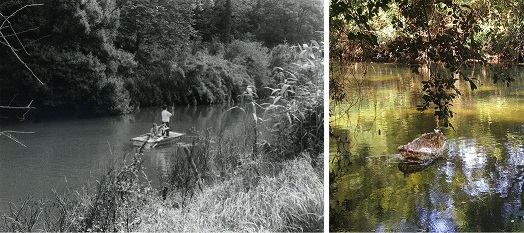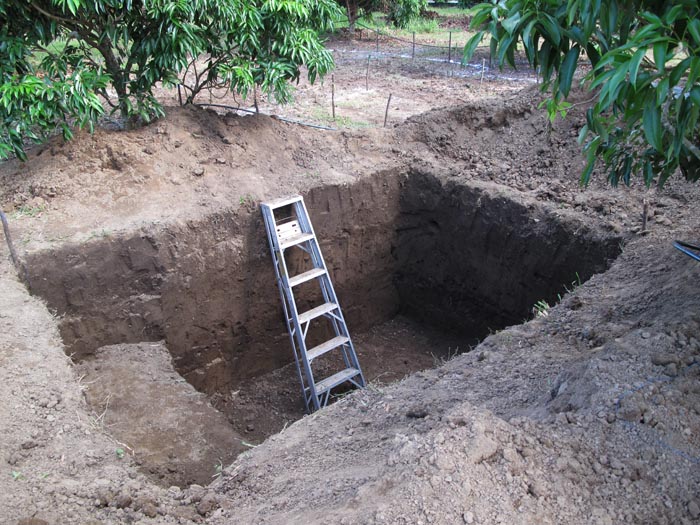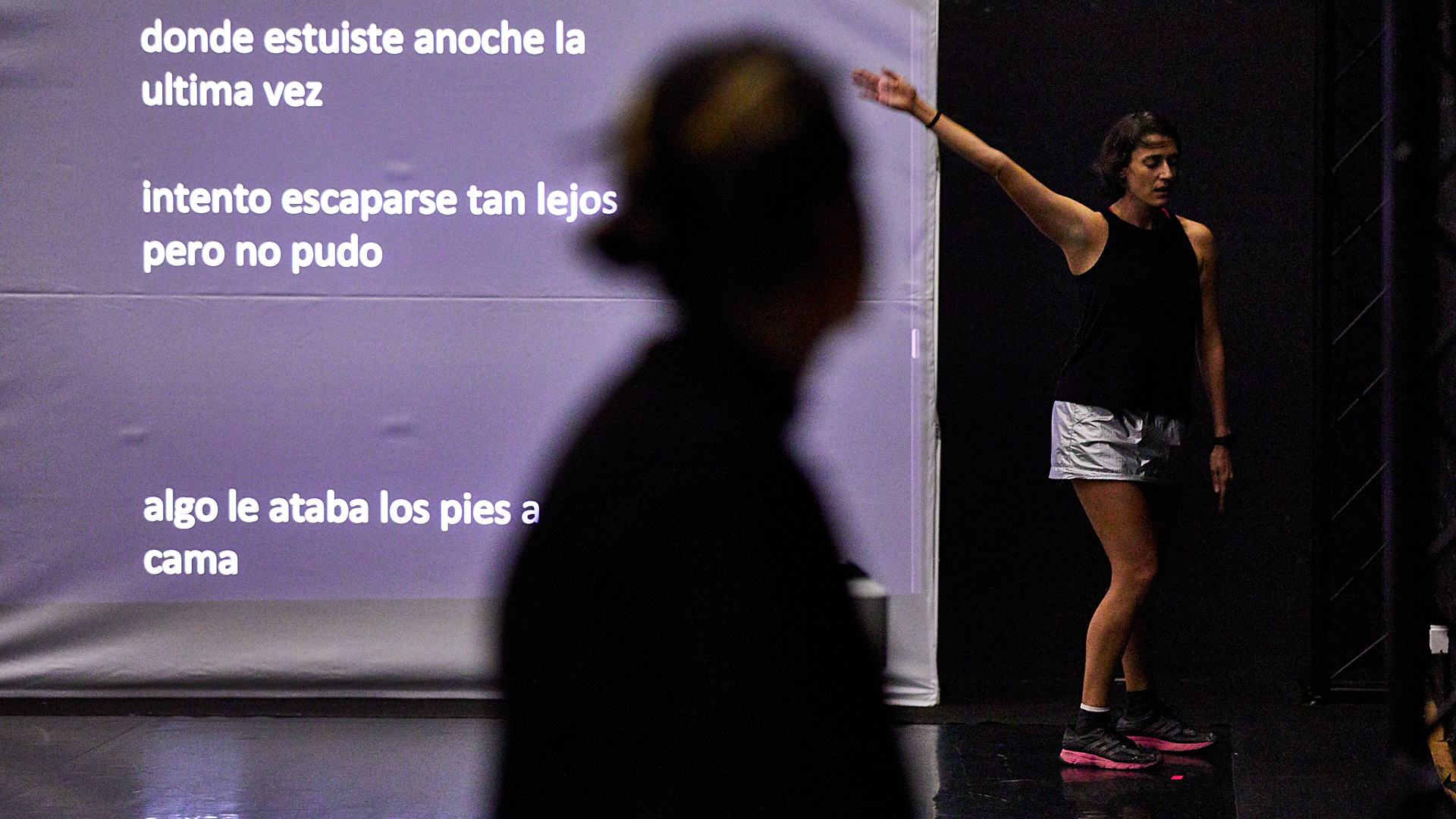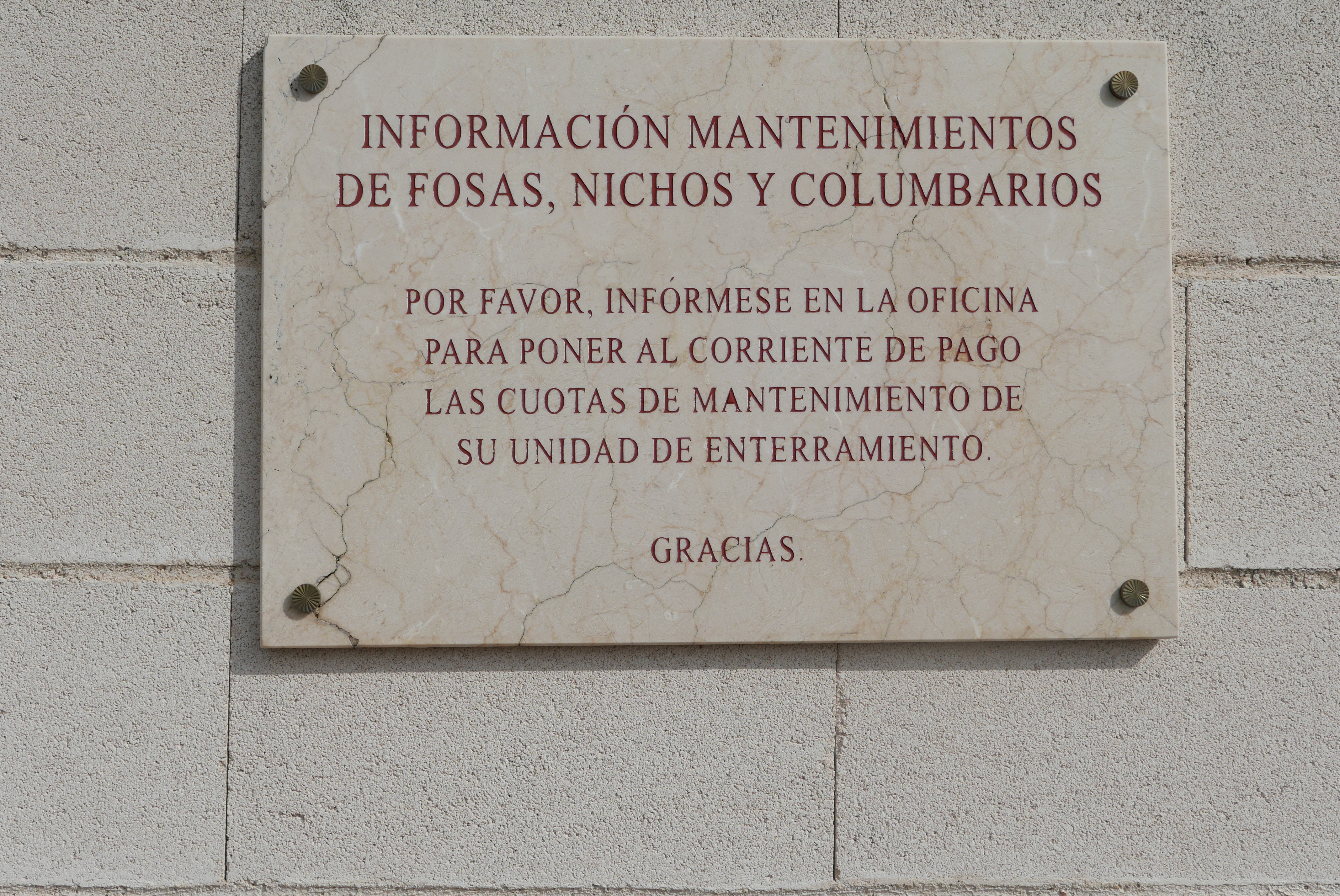November 12th from 6:00 PM to 9:00 PM
November 13th from 11:00 AM to 2:00 PM. 20 places available
El Desenterrador (The Excavator) focuses on words and their relationship with the body and action. The corpology of words is the power they have not only to create and designate the physical world, but also to generate an ethical world, a political system and a social order. Excavation is a pedagogical mechanism around words, language, dialogue and the ethical values that shape us, that allows us to "go below" the social uses of certain concepts in order to resonate collectively and deactivate prejudices and taboos. This workshop is a sort of collective ritual, with guided steps, that aims to unearth a particular word, so that together we can find the original "meaning" of the value we are to work on. It is in the shared process of researching the word’s deep and original meaning that, through this mechanism of regulated conversation, the "senses", contradictions and paradoxes of language and the word appear in their common and shared use.
On this occasion, we will unearth words associated with the concepts of grief and death, breaking the silence that usually surrounds them, circumventing the unspeakable aspects that characterise the experiences of loss, and diving deep into the magical thoughts that sometimes run across them.
El Desenterrador (The Excavator) has been developed up to now with the intensive collaboration of: Jordi Claramonte, Jaime Conde Salazar, Barbara Sánchez, Silvia Zayas, Lluc Baños, Tomàs Aragay and Sofía Asencio.
Societat Doctor Alonso directed by Tomàs Aragay (theatre director and playwright) and Sofía Asencio (dancer and choreographer), has constructed a language fundamentally based on the concept of displacement. This involves placing something outside its usual place, scope or space, so as to investigate how this change modifies language both in terms of grammar and an observer’s reading of it: displacement in order to reveal something.



